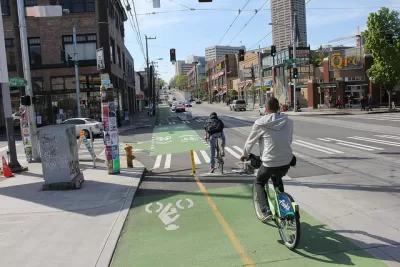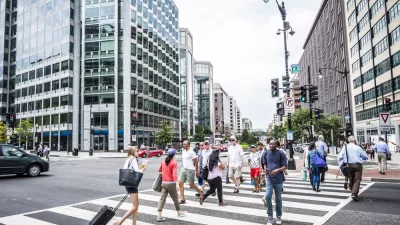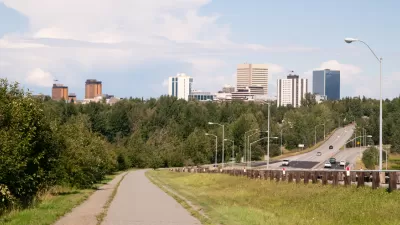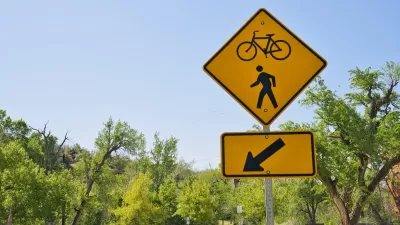Applications for active transportation grant funding through a pair of Washington state programs more than doubled, in terms of funding requests, from 2020 to 2022.

“After years of stagnating interest — and around $50 million available every two years — cities and counties across Washington have flooded the state with requests to build more and more ambitious projects for bicyclists, pedestrians and people traveling to and from schools,” reports David Kroman for the Seattle Times.
“In the 2022 legislative session, lawmakers set aside nearly $1.3 billion over 16 years for “active transportation,” geared toward walkers, bikers and children on their way to school. Of that, $568 million was earmarked for two grants — for routes to school, and bike and pedestrian projects,” explains Kroman.
More than $100 million is up for grabs, according to the article. When applications closed on May 30, the state had received applications for $457 million in funding. The grant applications in the last funding cycle, in 20202, totaled $191 million.
Kroman quotes local sources in the article who says some fo the increase in applications reflects the rising cost of construction, but some of it also might be a result of local governments “asleep at the wheel” on grant funding applications in the past.
The source article below contains numerous examples of the kinds of local projects seeking funding.
FULL STORY: Cities, counties push for new bike and pedestrian money from WA state

Planetizen Federal Action Tracker
A weekly monitor of how Trump’s orders and actions are impacting planners and planning in America.

Maui's Vacation Rental Debate Turns Ugly
Verbal attacks, misinformation campaigns and fistfights plague a high-stakes debate to convert thousands of vacation rentals into long-term housing.

Restaurant Patios Were a Pandemic Win — Why Were They so Hard to Keep?
Social distancing requirements and changes in travel patterns prompted cities to pilot new uses for street and sidewalk space. Then it got complicated.

In California Battle of Housing vs. Environment, Housing Just Won
A new state law significantly limits the power of CEQA, an environmental review law that served as a powerful tool for blocking new development.

Boulder Eliminates Parking Minimums Citywide
Officials estimate the cost of building a single underground parking space at up to $100,000.

Orange County, Florida Adopts Largest US “Sprawl Repair” Code
The ‘Orange Code’ seeks to rectify decades of sprawl-inducing, car-oriented development.
Urban Design for Planners 1: Software Tools
This six-course series explores essential urban design concepts using open source software and equips planners with the tools they need to participate fully in the urban design process.
Planning for Universal Design
Learn the tools for implementing Universal Design in planning regulations.
Heyer Gruel & Associates PA
JM Goldson LLC
Custer County Colorado
City of Camden Redevelopment Agency
City of Astoria
Transportation Research & Education Center (TREC) at Portland State University
Jefferson Parish Government
Camden Redevelopment Agency
City of Claremont





























